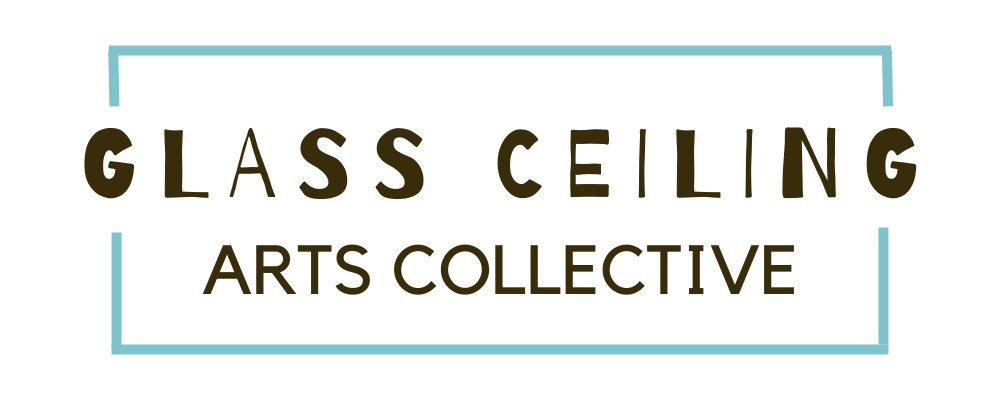Social Change through The Village of 12 Nights
At Glass Ceiling Arts Collective, we believe that creativity flourishes when every voice is not only welcomed but championed. Our community theatre class for young adults in Auckland - led by the wonderful John Davies - is a testament to what happens when disabled artists are given the tools, time, and trust to create authentically. After 18 months of development, this group is about to present their original production, The Village of 12 Nights - a remarkable creative milestone for everyone involved.
As we ready ourselves for The Village of 12 Nights, we’ve been reflecting on a recent ABC Radio National interview from Australia, with Tracey Corbin-Matchett. Tracey is the CEO of Bus Stop Films and a powerful advocate for disability representation. She spoke about the need to elevate disabled people in screen and creative industries. Her insights resonate strongly with what we are building here, in New Zealand, at Glass Ceiling - and they offer lessons that apply far beyond the screen.
Here are a few key themes from Tracey’s kōrero, and how they also reflect what’s happening inside Glass Ceiling’s rehearsal rooms each week.
Representation and Social Change Through Storytelling
Tracey emphasised that disabled creatives must be at the centre - not the periphery - of storytelling. She argues that authentic narratives - where people with a disability are not just present, but involved in the telling - can change perceptions.
That philosophy underpins our entire class. The programme began with a blank canvas - literally. Under John’s leadership, participants learned performance techniques, story development, ensemble work, character building, and production skills. Over time, their ideas formed the foundation of The Village of 12 Nights, an original work shaped by their voices, perspectives, and imaginations.
The programme is giving space for voices that have often been marginalised. Their stories aren’t being “interpreted” for them. They’re being authored by them.
With the Right Support, Creative Potential Flourishes
Tracey spoke clearly about the power of accessible education and supported pathways into the arts. When disabled people receive thoughtful, ongoing training, they thrive - and the wider industry benefits from their talent, creativity, and lived experience.
This is exactly what we’ve witnessed in our community theatre class.
Over the last 18 months, participants have expanded their skills, deepened their confidence, and built strong friendships. Everyone will say that Tuesday mornings have become the highlight of the week - a place to grow, be brave, and belong. The result is not only a polished theatrical production, but an empowered group of emerging creatives ready to step more boldly into the arts sector.
Our goal is for this theatre programme, for young adults with disabilities, to unlock employment opportunities in the Arts.
Inclusion Strengthens the Entire Creative Ecosystem
One of Tracey’s strongest messages is that disability inclusion is not charity - it’s industry-strengthening. When disabled people are meaningfully included, the arts become richer, more diverse, more empathetic, and more exciting.
The journey toward The Village of 12 Nights has shown us exactly that. Watching this ensemble collaborate, problem-solve, inspire one another, and build a world from their collective imagination has been a privilege. Their artistry makes our sector stronger, more innovative, and more representative of Aotearoa.
Next, our task is to train the industry so everyone appreciates the benefits that come from inclusion in the Arts industry.
Looking Ahead
As we approach opening night, we’re celebrating not just the final product but the pathway that led us here and an exciting future ahead. Programmes like this create meaningful industry pipelines for disabled creatives - something Tracey Corbin-Matchett continues to champion in Australia.
Invitation to Our Community
Glass Ceiling invites you to join us on this journey. Whether as audience members, supporters, collaborators, or advocates, your engagement matters. Your presence helps strengthen our belief that inclusive art is not separate; it is essential.



















